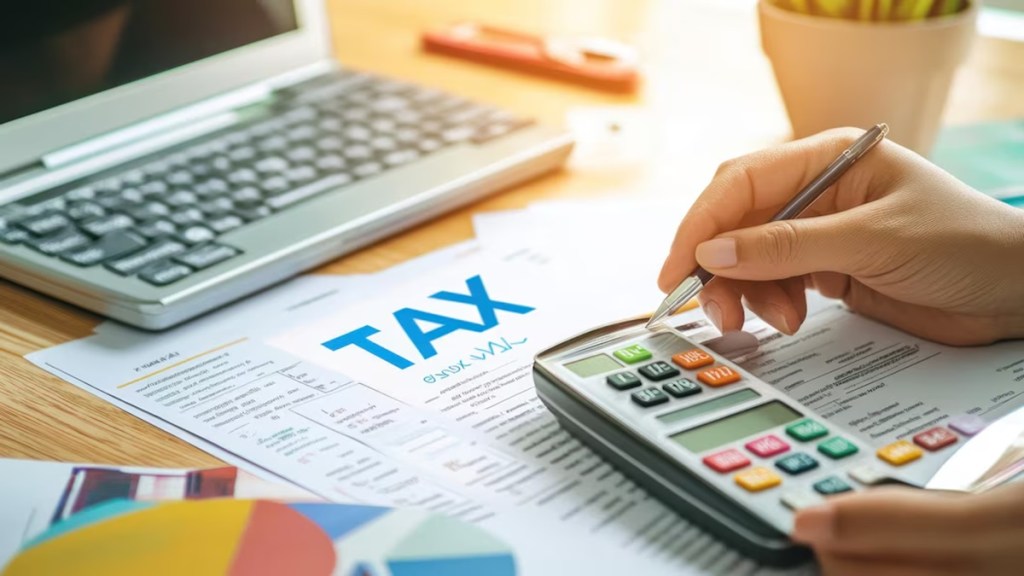The Income Tax Bill, 2025 was tabled in Parliament during the Budget session. Earlier, it was perceived as an effort to just simplify the language and structure of the Income Tax Act, 1961. But now the details of the Bill are out and it’s now clear that it is just not about a simplification exercise.
One of the newly introduced provisions of the Bill gives tax officials rights to investigate taxpayers’ social media profiles, emails, bank accounts, online investments and trading accounts. In case of tax-evasion suspicion or if they suspect that you have evaded taxes or have any undeclared assets, cash, gold, jewellery, or other valuables, they can launch an investigation, which will spread to tracking social media, emails, and financial transactions. This new provision, part of the new Income Tax Bill, will be effective from April 1, 2026.
The new provision in the new tax Bill will make the process of tax investigations in line with the digital, and the purpose of this change is to prevent financial fraud, undeclared assets, and tax evasion, say experts.
Also read: Income tax officials can access your email, social media accounts from next year: Report
In the meantime, reports suggesting that the Income Tax Department has sent notices to many taxpayers, seeking details of their personal expenses, a move that has been questioned by Opposition political parties and citizens.
According to reports, the Income Tax Department is asking taxpayers for full details of their monthly ration expenses, including the quantity and price of each item. Not only this, information about small expenses like a haircut is also being sought in the notice.
Can the Income Tax Department ask for such details?
According to tax experts, income tax officials can compare the expenses declared by a person with their bank records, card transactions and cash withdrawals. The purpose of this is to ensure whether the taxpayer has given the correct details of his income or not.
Explaining the logic behind the government’s latest exercise on tax compliance, Tarun Garg, Director, Deloitte India, said that the Income-Tax Department asking for the information about personal expenses like daily rations and toiletries could be seen as part of larger efforts to refine their data analytics and ensure a more accurate assessment of income-tax liabilities of individuals.
“Tax officials can seek these details as part of an ongoing scrutiny or through issuing summons to support any ongoing investigation. This request could be triggered due to significant variation in the lifestyle of the taxpayer vis-a-vis the reported sources of income or if the withdrawals from bank accounts are quite low in contrast to the incomes of the taxpayer. One of the intentions of the tax officers for such a request may be to verify as to how the taxpayer is funding his/her lifestyle and whether the same commensurate with the incomes disclosed by the taxpayer,” he added.
What expenses can be reported?
If a person’s expenses appear to be more than his income tax records, the department may ask him for a detailed statement of expenses. This usually applies to the following expenses, like medical bills, foreign travel, daily expenses (food, entertainment, utility bills), investments (real estate, stock market, gold and silver) and other personal expenses.
However, some experts believe that such deep analysis may be considered unnecessary intervention.
Do all taxpayers face this scrutiny?
Government data suggest that only 1% of total returns filed are thoroughly scrutinised. Out of the 7.28 crore income tax returns filed in the financial year March 2024, only those taxpayers are sent this detailed notice whose declared income and lifestyle are found to be in a huge discrepancy.
The government has observed that in some cases individuals with a high standard of living have reported very low cash withdrawals, which are not even sufficient to meet their essential expenses. In such cases, officials may seek detailed expenditure details to detect hidden income or undeclared cash transactions.


